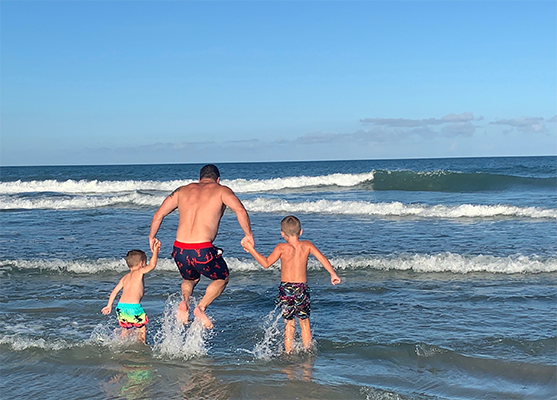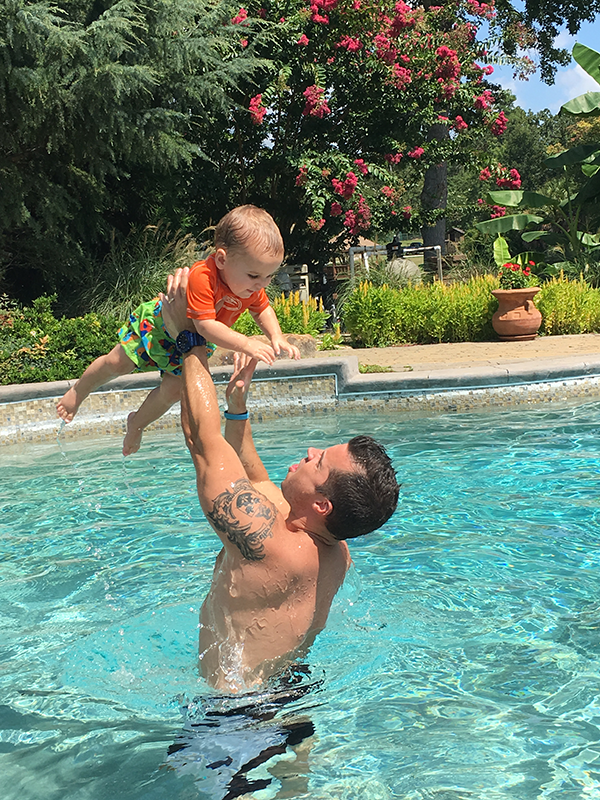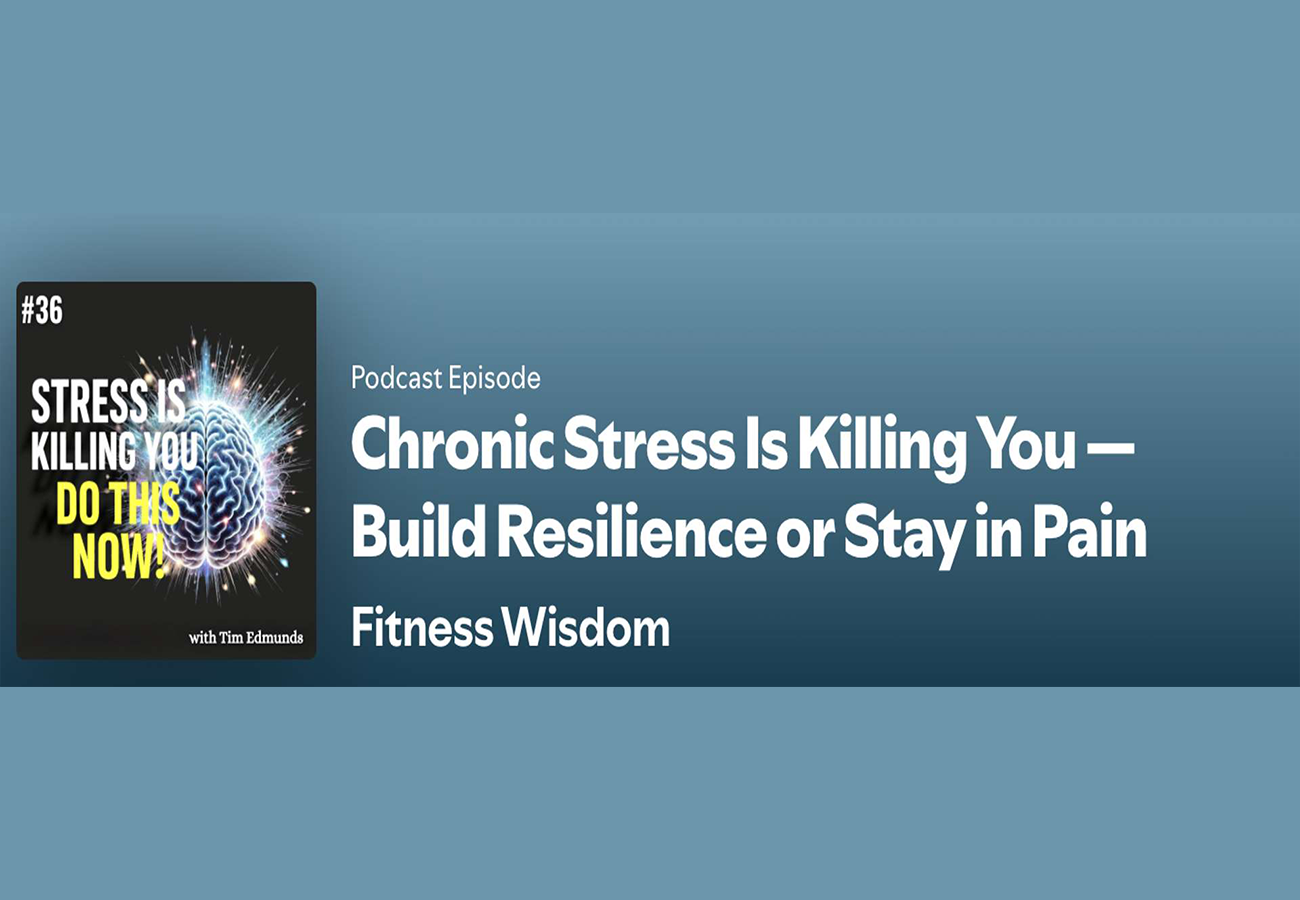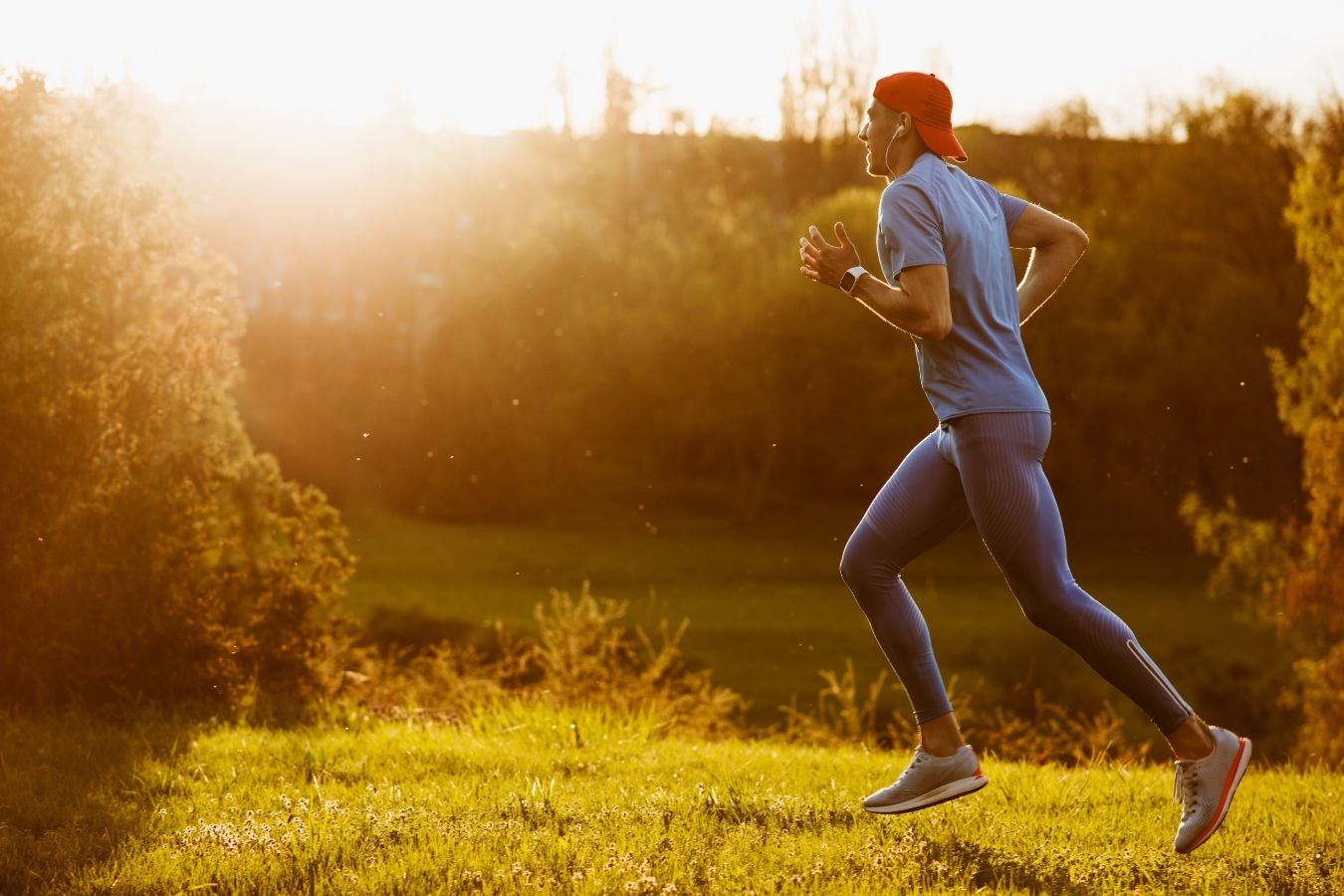What We Do
BioResilience’s primary objective is to help individuals understand the body’s language. The body “speaks” to guide us, indicating whether we are in an expansive or contracted state. Instead of merely addressing symptoms, our approach aims to guide individuals back to an expansive state naturally.
We offer solutions to support your body, help you understand its language, and empower you to respond appropriately. This will enable you to harness the benefits of expansive states, growing your capacity to handle challenging contractions, and perhaps even finding enjoyment in the lessons they bring.
Who can benefit?
BioResilience offers support for individuals dealing with chronic pain, recurring injuries, illness, anxiety, depression, and various mental health challenges. Additionally, we understand the unique needs of individuals with neurodiversity, such as heightened sensitivities, unconventional learning styles, or distinctive cognitive processes, and provide holistic solutions to enhance overall well-being.
When traditional methods have left you seeking answers, BioResilience offers a new path to wellness.
Improve your quality of life with BioResilience’s personalized solutions and holistic approach.
chronic issues
BioResilience is here for those battling chronic pain, illness, or injuries, providing effective support for recovery and well-being.
mental / emotional stress
Overcome mental and emotional challenges with BioResilience’s guidance, fostering emotional resilience and mental well-being.
the 6 pillars of bioresilience
01.
Understanding of theAutonomic Nervous System (ANS)Begin with a foundational grasp of the ANS’s function, its importance, and the way emotions serve as indicators of the body’s autonomic states. This sets the stage by explaining the body’s natural, automatic responses.
02.
Self Regulation TechniquesWith an understanding of the ANS, delve directly into tangible, actionable techniques that individuals can employ to influence their ANS. This provides immediate tools that people can experiment with and see results.
03.
Neurochemical RegulationBuilding on the techniques, explore the specifics of neurochemistry, especially the role of dopamine and how our behaviors and external stimuli can influence its balance. This helps clarify why certain techniques work and how they’re affecting the brain and body.
04.
Holistic Wellness IntegrationExpand the scope by bridging the modern and holistic views of medicine. This offers a well-rounded understanding and showcases the diverse toolkit available for self-regulation and well-being.
05.
Resilience BuildingNow, having garnered a wealth of knowledge and tools, the focus can shift to actively applying this knowledge. This stage emphasizes strengthening the body’s capacity to handle stress and challenges, fostering growth.
06.
Mindset & PerspectiveConclude with an exploration of mindset. After journeying through the tangible and physiological aspects, circle back to the introspective side of BioResilience. Emphasize how a shift in perspective can influence everything previously learned, and how a resilient, positive mindset can enhance the benefits of all other pillars.
the 6 pillars of bioresilience
Begin with a foundational grasp of the ANS’s function, its importance, and the way emotions serve as indicators of the body’s autonomic states. This sets the stage by explaining the body’s natural, automatic responses.
With an understanding of the ANS, delve directly into tangible, actionable techniques that individuals can employ to influence their ANS. This provides immediate tools that people can experiment with and see results.
Building on the techniques, explore the specifics of neurochemistry, especially the role of dopamine and how our behaviors and external stimuli can influence its balance. This helps clarify why certain techniques work and how they’re affecting the brain and body.
Expand the scope by bridging the modern and holistic views of medicine. This offers a well-rounded understanding and showcases the diverse toolkit available for self-regulation and well-being.
Now, having garnered a wealth of knowledge and tools, the focus can shift to actively applying this knowledge. This stage emphasizes strengthening the body’s capacity to handle stress and challenges, fostering growth.
Conclude with an exploration of mindset. After journeying through the tangible and physiological aspects, circle back to the introspective side of BioResilience. Emphasize how a shift in perspective can influence everything previously learned, and how a resilient, positive mindset can enhance the benefits of all other pillars.

How did BioResilience start?
Have you ever wondered how some people seem to bounce back from tough times while others struggle? I did too! My journey with Bio Resilience started when I was able to overcome personal health challenges in ways that weren’t always explained by regular medicine. As someone who’s studied how our bodies move and work, I became super interested in our body’s control center: the autonomic nervous system (ANS). This system helps decide if we’re relaxed or stressed out. I realized that understanding this system could be the key to feeling our best, both mentally and physically. It made a huge difference in myself, my autistic son and many others I met.
RECENT BLOGS
Expansion vs. Contraction
The body operates in one of two fundamental states: EXPANSION or CONTRACTION, akin to explosion and implosion. In an expansive state, the body grows, repairs, learns, and thrives, while in a contracted state, it deteriorates, unravels, and ages, often resulting in fatigue, illness, and emotional distress. Both states are essential parts of our journey, with contraction serving as the starting point, even though it is less desirable. Prolonged contraction can lead to fatigue, injury, and chronic discomfort.
At BioResilience, our primary objective is to help individuals understand the body’s language. The body “speaks” to guide us, indicating whether we are in an expansive or contracted state. Recognizing these signals allows us to seize opportunities in the expansive state and take necessary steps to gather data when in contraction. Many chronic issues such as pain, fatigue, and stress stem from a lack of awareness of the body’s language.
Instead of merely addressing symptoms, our approach aims to guide individuals back to an expansive state naturally. We firmly believe that by providing the body with the natural support it needs to return to an expansive state, it will naturally make the internal adjustments required for healing. Just as physics teaches us that all things move toward homeostasis, the body too seeks balance. While we acknowledge the value of modern medicine, our preference is to facilitate the body’s natural processes, allowing it to move towards homeostasis and ultimately expansion.



